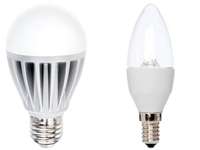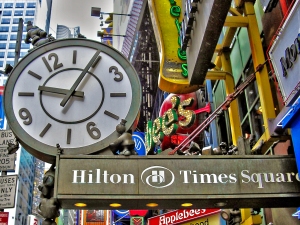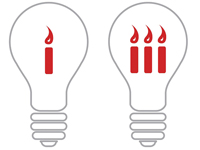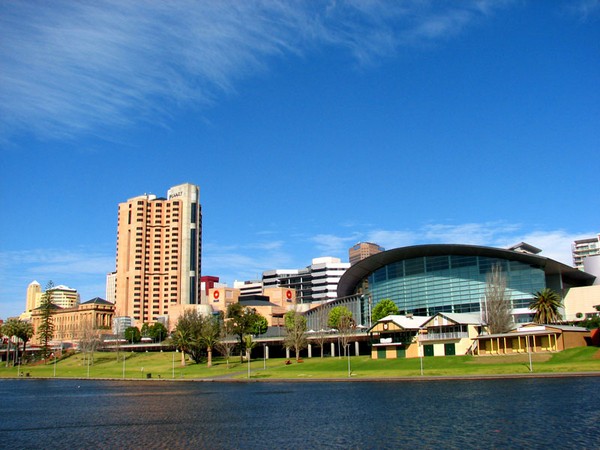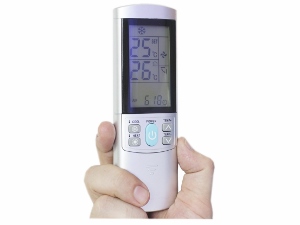
A simple solution to rising energy costs
Nine-to-five business owners can happily shut-up-shop at 5pm, safe in the knowledge that everything is as it should be and the company’s energy consumption is also taking a break. But this isn’t the case for those in the hospitality industry. Guests come-and-go at all times of the day and night and providers need to power their business around the clock.
Energy costs continue to rise and can account for up to 20 per cent of total business costs. This is massive in an industry where profit margins can be low, especially during an economic downturn. It is essential to reduce energy costs so that you can increase revenue without needing to increase sales or lose employees. So look at it this way – money saved on energy goes straight to the bottom line. The implementation of simple energy efficiency measures will make your business far more competitive, viable and therefore valuable.
In addition to financial and customer service benefits, there are huge social and environmental repercussions to becoming more energy efficient. For instance, reducing your carbon footprint and enhancing your business’ green credentials. This not only soothes your green conscience but is also marketable and will attract more customers to your property.
The largest waste of energy in the hospitality industry is from heating and air conditioning that can account for up to 60 per cent of total energy costs. A huge part of the problem is that guests are notorious for running the air conditioning too hot or too cold and also leaving the cooling or heating on when they leave a room. This obviously results in a huge excess of expensive power usage but is also costly to owners who have to pay out for wear and tear and the maintenance of expensive equipment.
It is suggested that the industry should participate in education programs with guests and engage them in a conversation about energy efficiency to encourage less wastage. But can accommodation managers and owners really afford to wait for a profound guest behavioural change?
For many years the industry has embarked on campaigns to remind guests to act conscientiously in terms of water and energy use. One of the largest has been the campaign for towel reuse; however, recent studies show that while 83 per cent of hotels have a reuse program in place, guest participation is mediocre at best. Most guests consider their holiday experience to be about carefree relaxation rather than saving energy and reducing a power bill that belongs to a stranger.
John Clifford is the managing director of Aircon Off, the Australian company that has created a unique range of retrofittable quality products that help to control the misuse and overuse of split system air conditioning. Mr Clifford confirms that air conditioning overheads are one of the biggest expenses in the accommodation industry accounting for over 50 per cent of total power use and up to 75 per cent, in parts of the country.
For most properties, he insists, this is uncontrolled meaning that the running costs are uncapped, defined by the behaviour of users rather than controlled by the managers. “Whoever holds the remote has the power to run up the electricity bill!”
Unusually there is a very simple two-part solution to this problem; products that can be easily retrofitted to almost all split system air conditioning units. First is a smart remote that stops the AC being operated too hot or too cold. This is such a simple solution and, according to the government and all of the energy companies, it can save between 5 per cent and 10 per cent per degree and that this equated to approximately 25 to 40 per cent of the power bill.
Secondly, adding an occupancy sensor to an air conditioner will automatically turn off air conditioners that are left running in empty rooms, wastage that typically accounts for around 50 per cent of total air conditioning expenditure. The occupancy sensor and smart remotes are separate devices but together they completely optimise air conditioner operation and minimise running costs. Both of these products are “world first to market” products, being exported internationally as well as sold in Australia and the Pacific.
Once installed Aircon Off operates automatically and is easy to set and is completely tamper proof. They use smart technology to scan the air conditioned room for occupancy and when no movement has been detected for a pre-set time, a signal is transmitted to the air conditioner to either switch it off completely or put it into economy mode.
These devices also have other unique functions that allow the accommodation provider to customise the settings to suit each application, including night settings for undisturbed sleep and wireless door and window sensors that turn off the AC if a monitored door or window is left open for more than three minutes. This feature is especially valuable is guest rooms have sliding balcony doors.
Apart from controlling the air conditioner in unoccupied rooms, the Aircon Off does not effect the amenity at all. The air conditioning operates normally and stays on normally as long as the room is occupied and there is no negative effect to the guest experience at all. “The fact is the Aircon Off is so inconspicuous the vast majority of users do not even realise that the air conditioning is controlled in any way. It is an automatic conscience for your air conditioner,” says Mr Clifford.
The Aircon Off website also offers an electricity saving calculator so that owners can personally estimate how much their air conditioning may be costing to run, how much power they are wasting and how much the system can save. According to Mr Clifford for those accommodation managers who do not necessarily see the power bill the biggest indicator of how much Aircon Off reduces power consumption, is the drastic plunge in complaints from owners about their extortionate power bills!
These control systems seem to be a very simple, quick and cost effective solution for accommodation providers who want to reduce unnecessary wastage and make significant savings to their air conditioning running costs. Mr Clifford adds, “They are ideal for any size of accommodation complex and savings in energy use and equipment maintenance will very quickly outweigh the investment needed as a return on investment will usually be made in well under one year.”
All accommodation managers do not want anything to adversely affect their guest’s holiday experience and this system won’t but it will make substantial energy savings, reduce their carbon footprint and increase their bottom line. This means for many properties the installation of a system such as Aircon Off seems like a very good and honest choice. It appears to be a quick and simple solution to a complex problem that offers good bang for buck.

